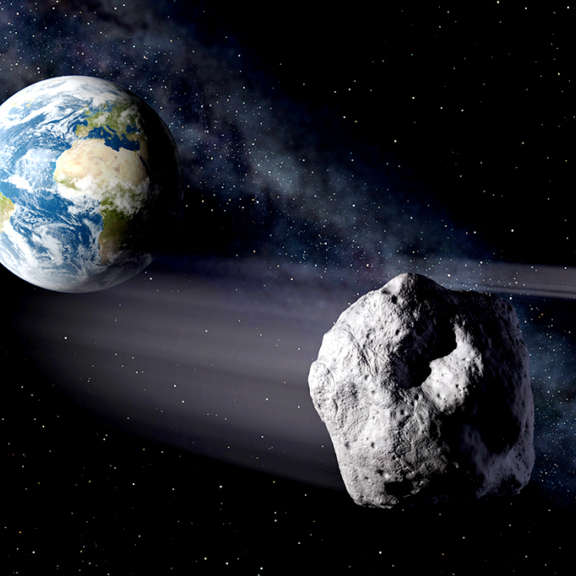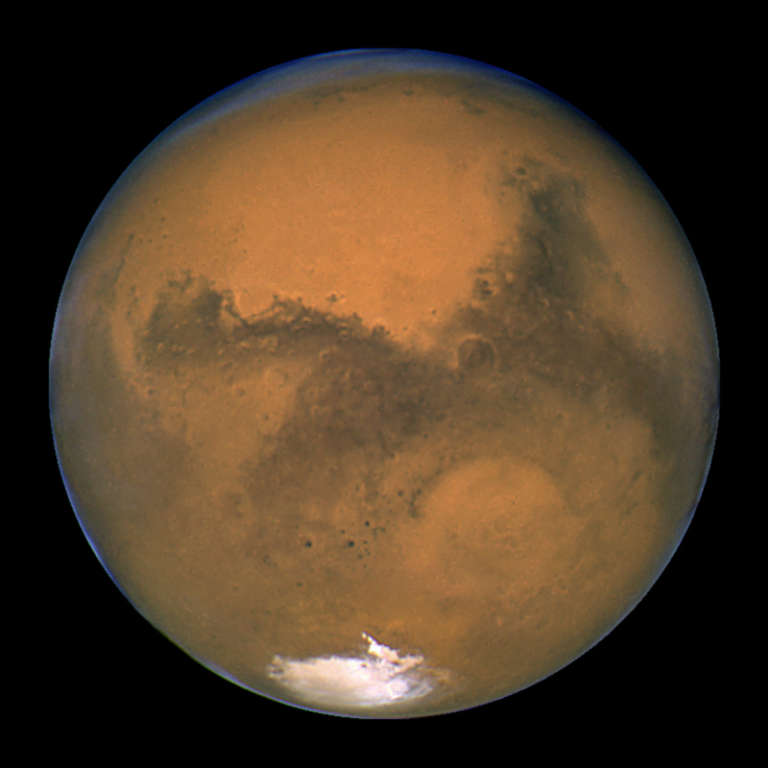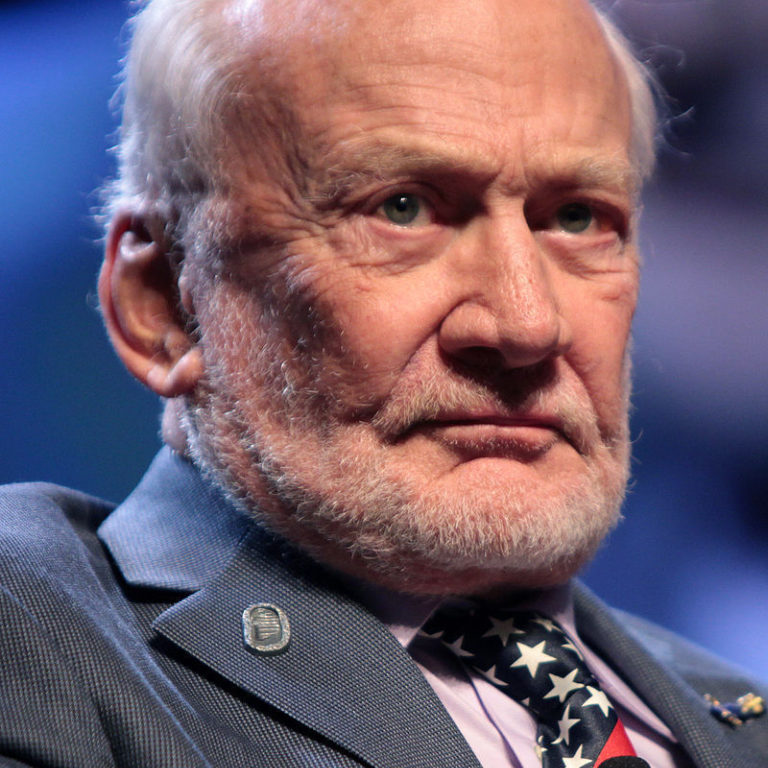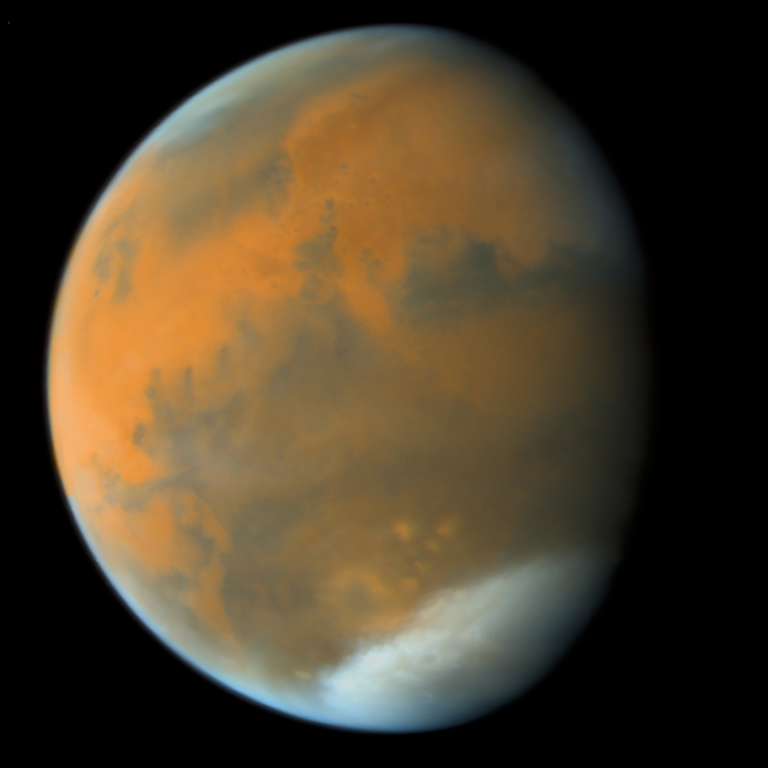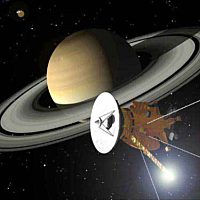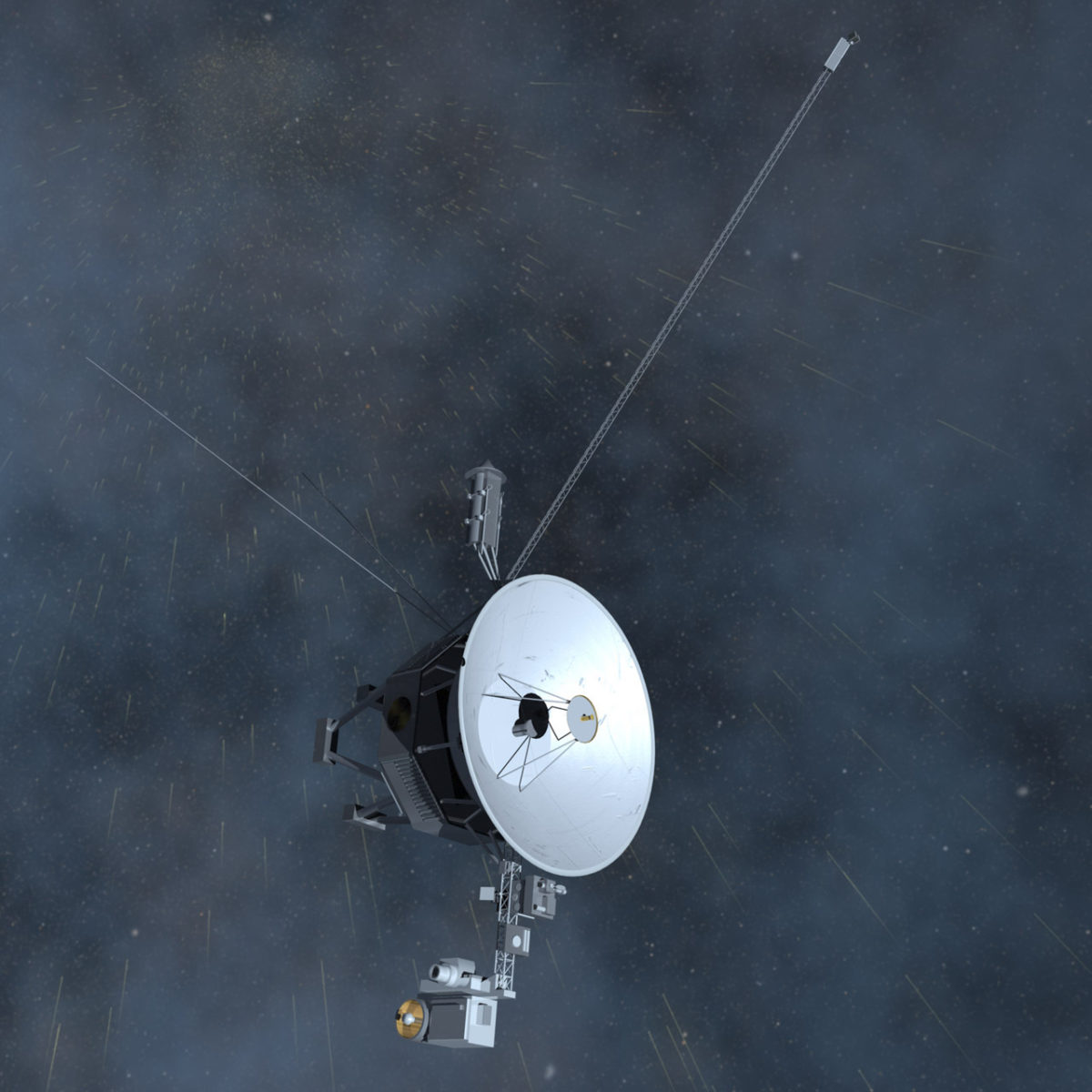Since 2002, Planetary Radio has visited with a scientist, engineer, project manager, advocate, or writer who provides a unique perspective on the quest for knowledge about our Solar System and beyond. The full show archive is available for free.
Search Planetary Radio
Asteroid Day, June 30th, marks the anniversary of the great Tunguska impact that leveled a Siberian forest. It reminds us that a Near Earth Object can destroy a city or even a civilization. Former Minor Planet Center Director Tim Spahr reviews our efforts to find and understand these bodies.
Former NPR science reporter David Baron discusses the stories of men and women who made their way across the American West to view and document the total solar eclipse of 1878.
The Trump Administration released its proposed FY2018 budget just days ago. Casey Dreier, Jason Callahan and Mat Kaplan dive deep into what this controversial plan means for NASA and how it has been received by Congress.
He walked with Neil Armstrong on the moon, but that may not be his greatest legacy. Buzz Aldrin was joined by other space stars at the recent Humans To Mars Summit.
Veteran Jet Propulsion Lab planetary scientist Bonnie Buratti talks with Mat about the wonder of our solar neighborhood that she explores in
Moon or Mars? Should NASA depend on private companies? What’s the goal of human spaceflight? These questions were debated three decades ago, yet are just as relevant today. Does that mean space policy is stagnant?
Mars was once a warm and wet world. Then its dense, protective atmosphere mostly vanished. Learning why was one of the greatest mysteries in planetary science. The answer has just been delivered by the MAVEN orbiter.
University of Arkansas grad student Rebecca Mickol and her team have demonstrated that some Earth bacteria can survive in the extremely thin atmosphere of Mars. Could Martian bacteria thrive under the same conditions?
Planetary Radio’s most frequent guest, Project Scientist Linda Spilker, returns with another update on the Cassini mission that is approaching its grand finale.
CEO Randa Milliron introduces us to Interorbital Systems, which wants to put your payload in orbit for as little as $8,000. Can they do it?
MAVEN, the Mars Atmosphere and Volatile Evolution orbiter, has gone a long way toward solving the mystery of the Red Planet’s missing water and air. The University of Colorado’s Nick Schneider says it is also revealing gorgeous clouds, auroras and glowing skies.
Marilynn Flynn, Simon Kregar and Rick Sternbach are masters of space art. They talk about how their work furthers science and captures the imagination.
Space historian John Logsdon remembers American hero John Glenn. Planetary Society CEO Bill Nye was a big fan of the Friendship 7 astronaut—less so the new Star Wars movie. Then we get an update on the Giant Magellan Telescope from Patrick McCarthy.
The SETI Institute is about much more than the Search for Extraterrestrial Intelligence. President and CEO Bill Diamond of the Institute explains.
The National Geographic Channel’s “Mars” miniseries has begun. Mat Kaplan attended a kickoff for the ambitious docudrama last summer. You’ll hear from series technical advisor Bobby Braun, author of “The Martian” Andy Weir, Cosmos creator Ann Druyan and more.
Host Mat Kaplan traveled to California’s Mojave Desert for a tour of Virgin Galactic’s The Spaceship Company, where the second SpaceShipTwo was built and is undergoing flight tests. TSC Executive VP Enrico Palermo was his guide.
Mat Kaplan talks with Matt Taylor, the Rosetta Project Scientist, just two weeks after the spacecraft touched down on 67/P.
How did the Voyager spacecraft manage to weave their magnificent way through the outer planets of our solar system? Mission Design Manager Charley Kohlhase led the team that crunched the numbers to select the best possible trajectory from 10,000 candidates.
The Night Sky Guy, Andrew Fazekas, talks about his beautiful new, Star Trek-inspired guide to the real wonders of astronomy.
We take a deep dive into new space legislation working its way through the US Senate. It embraces Mars and NASA's big rocket. But Elon Musk and SpaceX just announced an ambitious new plan to colonize Mars. Does this upset the political establishment? Or will they find a cold reception in the halls of Congress? Also, where does science fit into the politics of space?


 Explore Worlds
Explore Worlds Find Life
Find Life Defend Earth
Defend Earth


